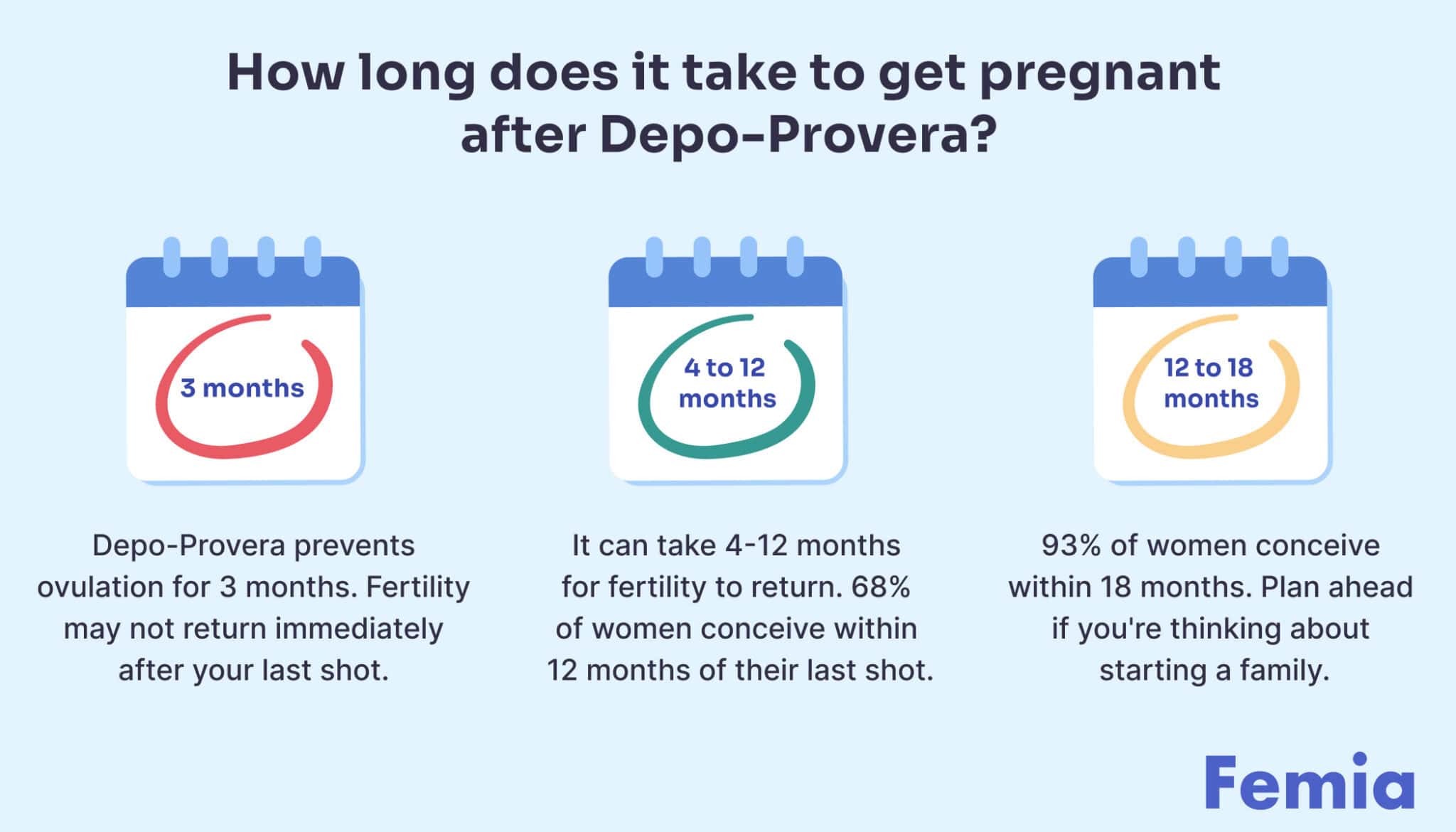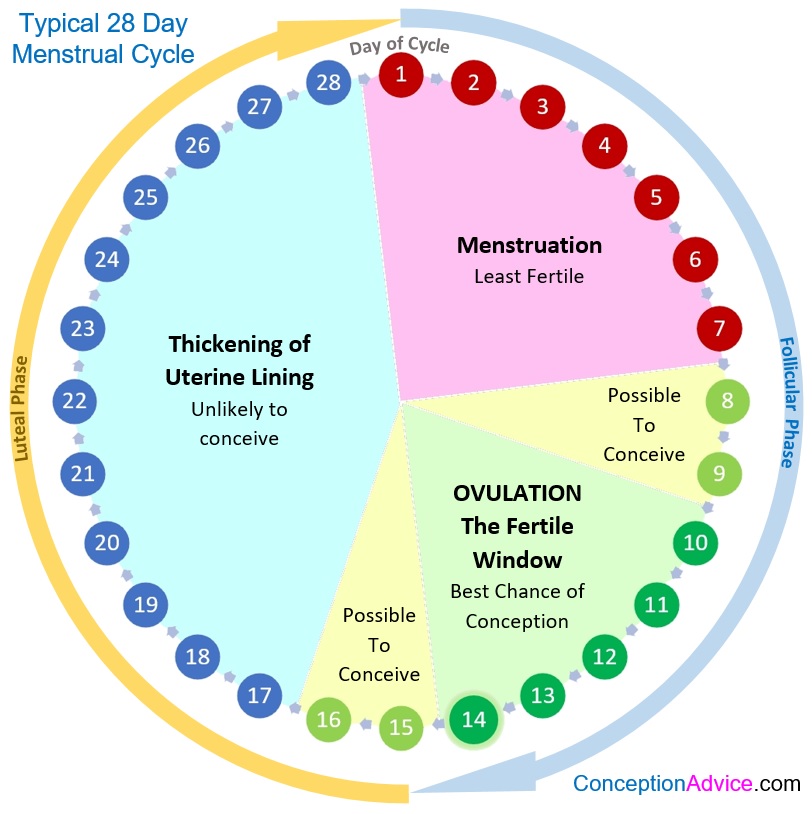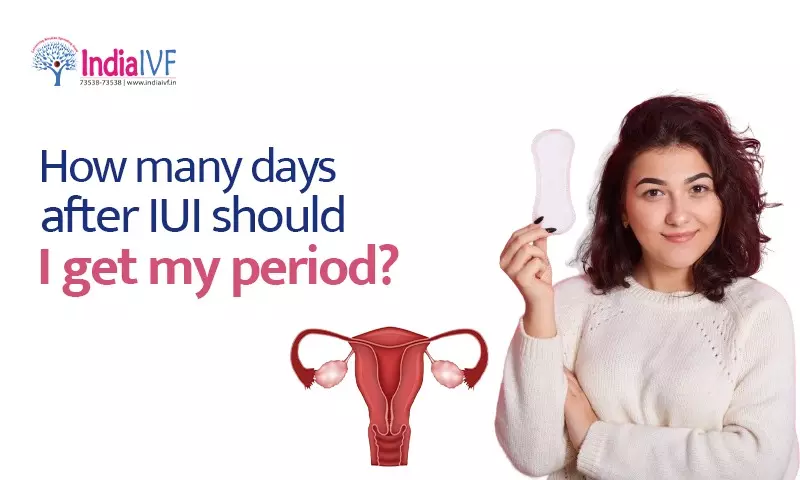When Should I Expect My Period After Clomid

For women navigating fertility challenges, Clomid, a common medication used to induce ovulation, can offer a beacon of hope. Understanding the expected timeline for menstruation after a Clomid cycle is crucial for managing expectations and monitoring treatment success.
This article provides an overview of the factors influencing the timing of your period after Clomid, offering a guide based on medical insights and research.
Understanding Clomid and Ovulation
Clomid (clomiphene citrate) is a selective estrogen receptor modulator (SERM). It works by blocking estrogen receptors in the hypothalamus, a region of the brain. This fools the body into thinking estrogen levels are low, which triggers the pituitary gland to release more follicle-stimulating hormone (FSH) and luteinizing hormone (LH).
These hormones stimulate the ovaries to develop and release an egg, effectively inducing ovulation.
Success with Clomid hinges on ovulation occurring. The absence of a period can indicate pregnancy, failure to ovulate, or, less commonly, other underlying issues.
Expected Period Timeline After Clomid
Generally, you can expect your period approximately 14 days after ovulation, assuming you are not pregnant. Since Clomid is typically taken for five days, starting on days 3-7 of your cycle, ovulation usually occurs 5-10 days after the last pill.
Therefore, most women can anticipate their period roughly 25-35 days after starting Clomid.
This is a general estimation. Individual responses can vary significantly.
Factors Affecting the Timeline
Several factors can influence when your period arrives after a Clomid cycle.
These include individual hormonal levels, the dosage of Clomid used, and any underlying health conditions.
Dosage: Higher doses of Clomid might delay ovulation slightly, potentially pushing back your period.
Underlying conditions: Conditions like polycystic ovary syndrome (PCOS) can impact ovulation regularity even with Clomid.
Cycle Length: Women with naturally longer cycles might experience a longer wait for their period after ovulation.
What if Your Period is Late?
If your period is late after taking Clomid, the first step is to take a pregnancy test. Home pregnancy tests are generally reliable, but a blood test at your doctor's office offers a more accurate result.
A negative pregnancy test combined with a late period warrants further investigation by your doctor.
It could signify that ovulation did not occur, a condition called anovulation. Your doctor may recommend further testing to determine the cause.
Anovulation and Clomid
Clomid is not always successful in inducing ovulation. Some women may not respond to the medication at all.
Others may ovulate inconsistently, meaning ovulation occurs in some cycles but not others.
If anovulation is suspected, your doctor may increase the Clomid dosage in subsequent cycles or explore alternative fertility treatments.
When to Consult Your Doctor
It's crucial to consult your doctor if you experience any of the following:
- A late period with a negative pregnancy test.
- Severe abdominal pain.
- Heavy bleeding or spotting.
- Visual disturbances.
These symptoms could indicate complications or side effects related to Clomid or underlying health issues.
Regular monitoring with your doctor throughout your Clomid treatment is essential for optimal outcomes.
The Emotional Aspect of Fertility Treatment
Undergoing fertility treatment can be emotionally challenging. The anticipation of ovulation and the subsequent wait for a period can be a stressful experience.
Building a strong support system, including your partner, family, friends, or a support group, can significantly help manage the emotional toll.
Consider seeking professional counseling if you are struggling to cope with the stress and anxiety associated with fertility treatment. Mental wellbeing is crucial throughout the whole journey.
Conclusion
Understanding the expected timeline for your period after Clomid is a key element in managing expectations and tracking your treatment's progress. While the general timeframe is 25-35 days after starting the medication, individual variations are common.
Close communication with your doctor, combined with self-awareness and emotional support, will allow you to navigate the process effectively.
Remember, fertility journeys are often filled with uncertainty, but with informed decisions and professional guidance, you can increase your chances of success.
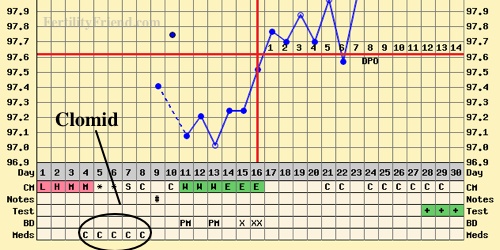



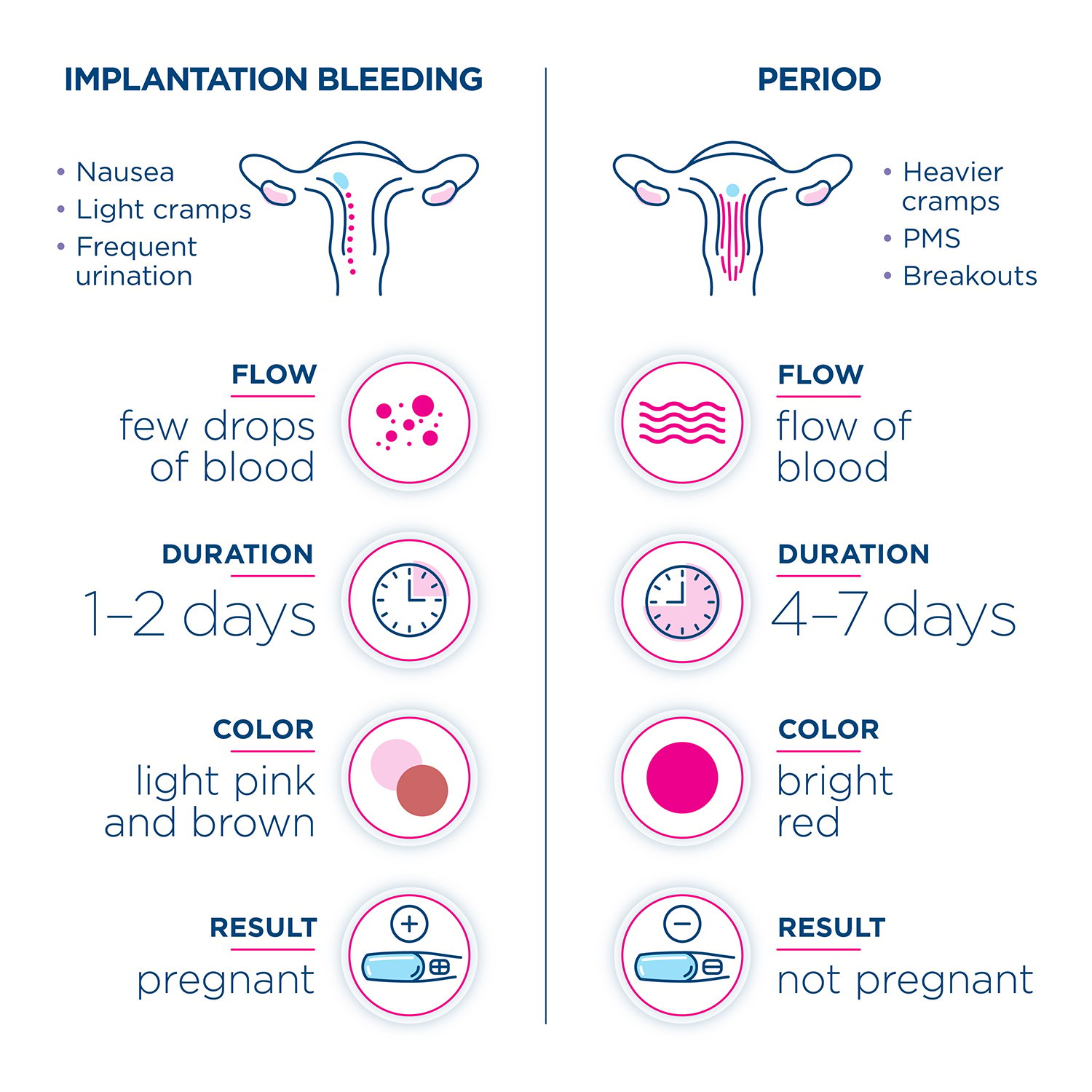

:max_bytes(150000):strip_icc()/clomid-treatment-day-by-day-what-to-expect-1959970-v1-567b74ed4f0b45948c5f46718f6ab379.png)
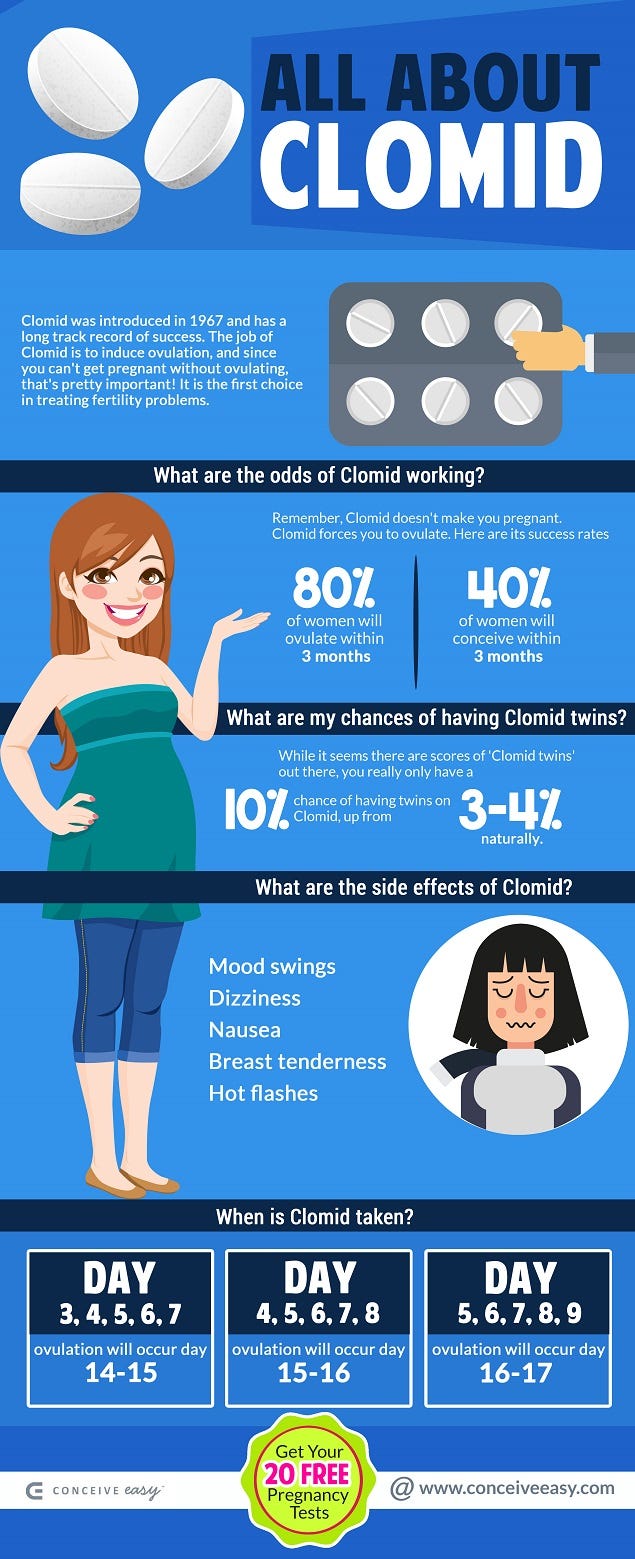

:max_bytes(150000):strip_icc()/VWH-JulieBang-HowLateCanYourPeriodBeonBirthControl-Standard-adef6d9a9be84bf0a38a4803d8f041b8.jpg)

